Karnataka
Karnataka
The Challenge
Rural communities in Karnataka grapple with climate change, facing severe water scarcity which affects agriculture, their primary livelihood. Unpredictable rainfall patterns, rising temperatures, and frequent droughts compound these issues. The health of these communities is further compromised due to increased exposure to heatwaves and waterborne diseases. Poor water management exacerbates these issues compelling communities to confront a scarcity of fundamental resources such as drinking water, education, health, and sanitation. With livelihoods compromised, people are compelled to migrate as a desperate measure. The intertwined challenges of climate change, water scarcity, agricultural disruptions, and health risks present a significant hurdle for rural Karnataka’s sustainable development.
WOTR’s Approach
WOTR’s approach in Karnataka is centred on the regeneration of ecosystems and active engagement of local communities. Our emphasis is on executing integrated watershed development projects and ensuring their sustainability through the establishment of local institutions. We aim to generate sustainable employment prospects within rural areas through comprehensive natural resource management and ecologically friendly farming practices. We actively promote the establishment of organisations at the village level and provide education and training to enhance their capabilities. A significant aspect of our strategy is to strengthen the resilience of farmers, enabling them to adapt to changing environmental conditions. Our ultimate objective is to secure water, food, employment, and income for vulnerable and underprivileged rural communities in a manner that is sustainable, equitable, and enhances their quality of life.
Presence
Since 2022, WOTR has expanded its footprint to Karnataka, actively operating in eight villages within the Aurad block of Bidar district.
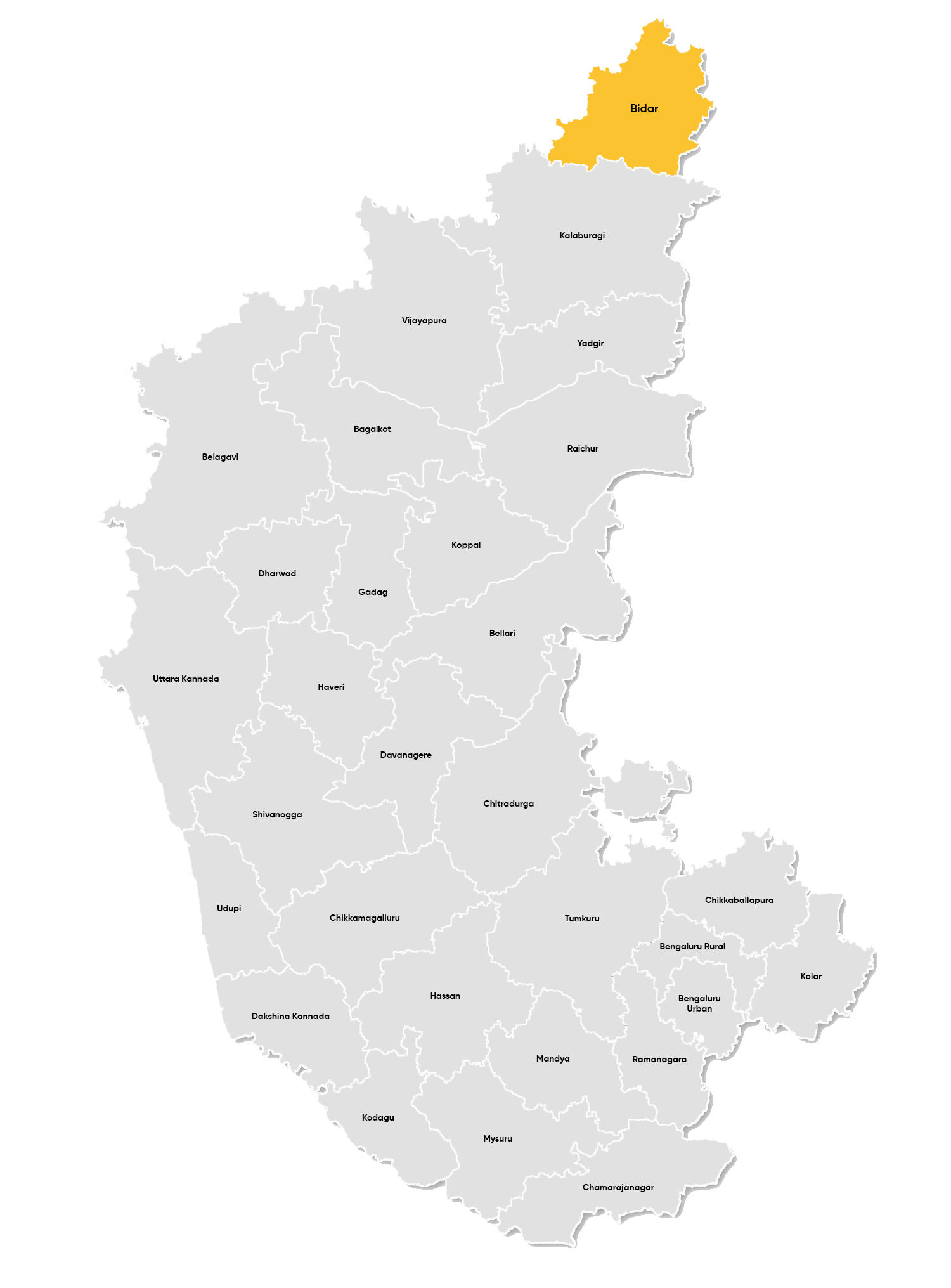
Flagship Programmes
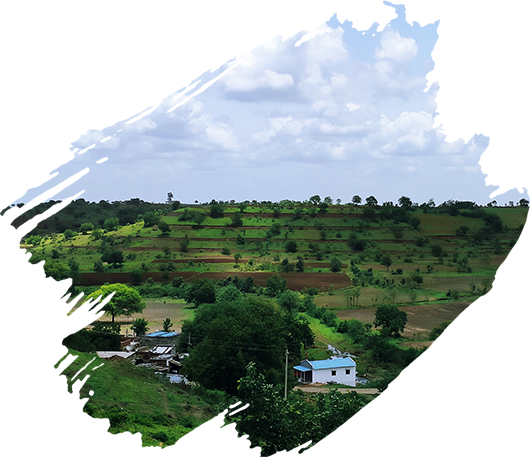
Water and Land Management
WOTR is deploying Integrated Watershed Development programmes in Karnataka with a sharp focus on replenishing diminishing groundwater levels and promoting prudent agricultural water usage. By conducting comprehensive action research and scientific studies, we pioneer innovative techniques for effective water harvesting and management, thereby mitigating the issue of overexploitation and the repercussions of climatic fluctuations. Our unwavering commitment lies in formulating sustainable solutions that bolster community resilience.
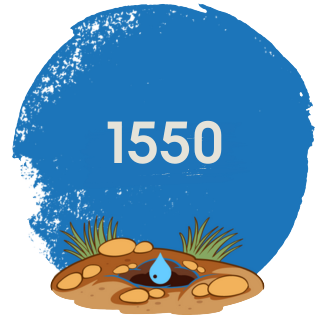
Hectares of land treated through various watershed initiatives

Million litres of water harvesting potential created
WOTR is at the forefront of advocating for climate-resilient agriculture in Karnataka, equipping farmers with the knowledge and techniques to implement sustainable farming practices. Through our interactive Farmer Field Schools, we impart valuable insights on environmentally friendly methodologies that lead to increased crop yields. By facilitating soil testing, we help maintain soil health, while our micro-irrigation technologies optimise water utilisation. With the help of comprehensive, easy-to-understand booklets, we offer step-by-step guidance to farmers for major crop cultivation. Our overarching goal is to uplift farmers from the shackles of low productivity, fostering a more resilient agricultural sector in the process.
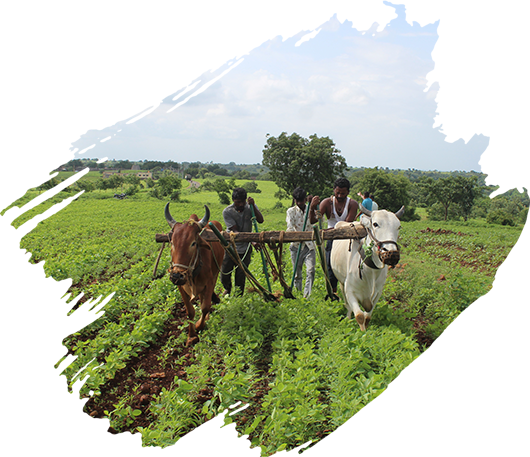
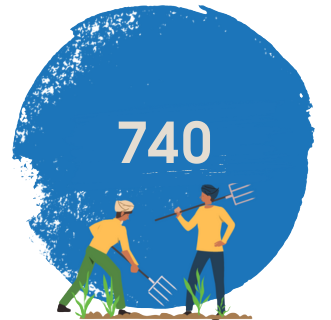
Farmers adopted climate resilient agriculture practices

Hectares under climate resilient agriculture practices
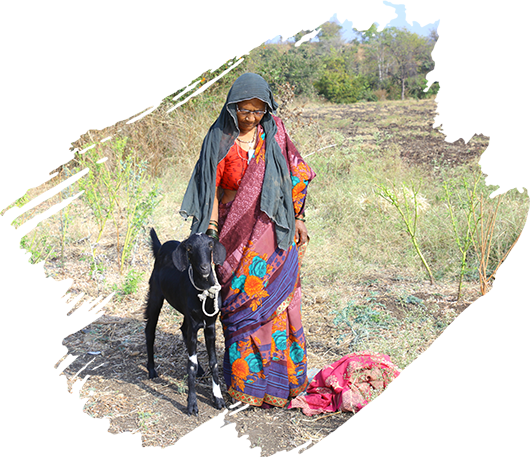
Livelihoods
WOTR plays a pivotal role in empowering at-risk households in Karnataka by aiding their pursuit of alternative livelihoods and fostering skill development. We enthusiastically inspire farming families to embrace horticulture and allied agricultural activities like poultry and livestock farming. In collaboration with the communities, we construct sustainable avenues for income generation, leading to the creation of resilient and economically robust communities.
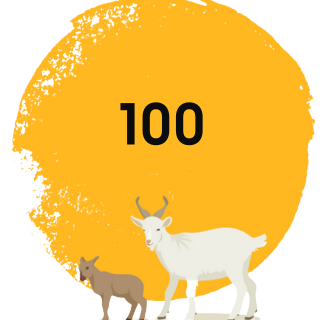
Households enabled with alternative livelihood opportunities
Women Empowerment
WOTR’s efforts in Karnataka are marked by a strong commitment to women’s empowerment, wherein we see Self-Help Groups (SHGs) as vital tools for change. By fostering these groups, we’re creating spaces for women to articulate their needs, acquire new skills, and secure financial autonomy. The collective power these groups harness propels women to become influential socio-economic change agents within their communities. Our initiatives strive to challenge and reframe traditional roles, paving the way for a future that acknowledges and amplifies women’s contributions. Recognizing women’s significant role as health influencers within their families, we facilitate the establishment of kitchen gardens. This initiative empowers women and their households to cultivate and access a variety of nutritious foods, thereby promoting healthy living and fostering dietary well-being for the entire family.
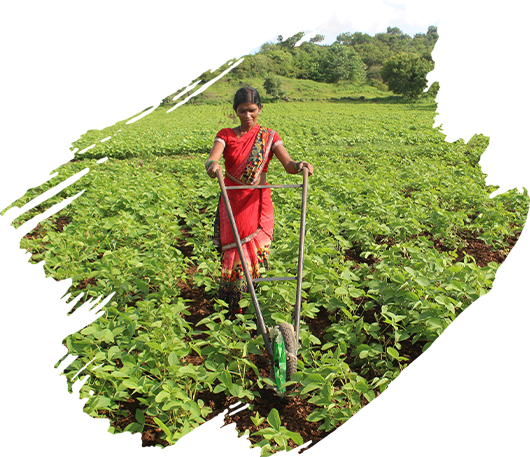
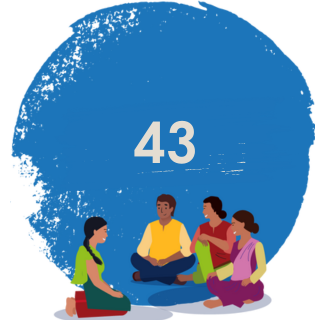
SHGs with 430 members
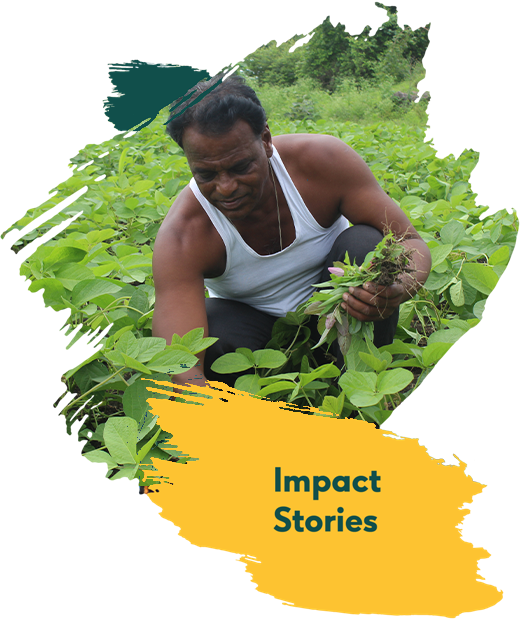
Basava Swami’s Green Revolution
Basaava Swami, a 50-year-old farmer from Kherada village in the Bidar district of Aurad taluka, had long been practising conventional farming methods. However, his curiosity led him on a path of discovery of SCI-system of crop intensification which revolutionised his farming practices. Basava’s story is a testament to the transformative power of sustainable agriculture and the positive impact it can have on farmers and the environment.
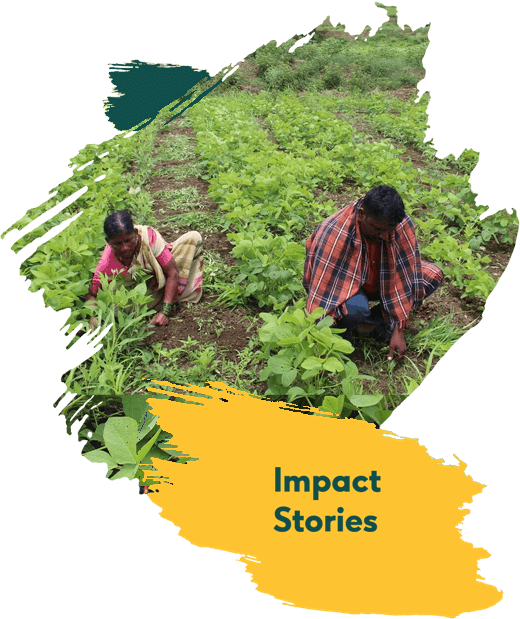
Rama’s Quest for Water: A Tale from Bonthi Village
In the quiet heart of Bonthi Village, nestled within Bidar District of Karnataka, Rama Malhari Rane, a 62-year-old farmer, faced a dire challenge. With 10 acres of land thirsting for hydration, and a dried-up well as testament to the scorching heat, Rama watched the kharif season end, despair creeping in. Without rainwater, how would his rabi crop survive?


